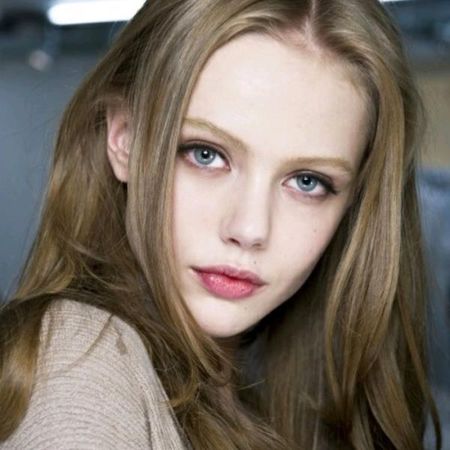(单词翻译:单击)
We've been judging people based on the way they look for thousands of years. The ancient Greeks turned it into a science, "physiognomy".
几千年以来,我们一直根据人的长相来评判他人。古希腊人把这种方式转化为科学,命名为"相面术"。
As early as 500 BC, the mathematician Pythagoras would scrutinise young men's faces to determine if they'd make a good student; not long after Aristotle wrote how large-headed people were mean.
早在公元前500年,数学家毕达哥拉斯就通过仔细观察年轻人的面部来决定他们是不是好学生。不久之后,亚里士多德就写道,头大的人很吝啬。
It was widely believed at the time that the animal a person resembled was as good a judge of character as any.
那时的人们普遍相信,长得像某种动物的人也可能具有相应的个性。
By the Middle Ages it was well and truly mainstream.
中世纪时期,这成为了真正意义上地主流观念。
Professionals coined the phrase "stuck-up" to refer from the belief that those with upturned noses had an air of superiority, "high-brow" to refer to the high foreheads of aristocrats and "low-brow" to the less refined foreheads of the lower classes.
专业人士编造出一个短语"stuck-up",意指拥有朝天鼻的人更具有优越感这种信念,"high-brow"意指贵族的高额头,"low-brow"意指下层阶级并不精致的额头。

Back in 2016, we're still doing it. We view those who resemble Labradors as warm, while those who resemble lions as more dominant.
到了2016年,我们仍然这样做。我们觉得长得像拉布拉多犬的人温顺,而像狮子的人更拥有支配感。
We think of those with "resting moody face" as more aggressive, those who are less attractive as sick and expect people who look familiar to share our values.
面色僵硬的人更具有进攻性,长得不怎么漂亮的人一脸病态,我们期待脸熟的人和我们拥有共同的价值观。
Many of these judgements occur in as little as 50 milliseconds.
很多这样的判断仅仅发生在50毫秒间。
These bizarre subconscious errors aren't as ridiculous as they sound.
这些离奇的潜意识里的错误并不像听起来那么荒谬。
Faces contain valuable clues to who we're dealing with (Are they aggressive? Are they sick?). Deep in our evolutionary past, the ability to make rapid, unconscious categorisations had life-and-death importance.
对于我们正在相处的人来说,面部包含着很多具有价值的线索,(他们具有进攻性吗?他们生病了吗?)深深根植在我们过去的进化史中,做出快速而下意识的分类的能力攸关生死。
To get to grips with why having a babyface is so great, first we need to understand what happens when we recognise an actual baby.
为了明白为什么拥有娃娃脸很棒,首先,我们需要明白当我们看到真正的孩子时,会发生些什么。
In fact the features of babies – and those universally considered "cute" – are nothing more than a series of developmental accidents.
事实上,全世界公认婴儿的特征就是"可爱",那只不过是一系列发育事件罢了。
Since our eyes are already fully grown by the time we're born and our heads aren't. Similarly, our bodies do a lot more growing later on than our heads. They have more body fat than adults; chubby cheeks. The list goes on.
因为自打我们出生起,我们的眼睛就发育完全了,但是我们的头部并没有。相同地,我们的身体之后比我们的头部发育的更多。婴儿比成人更肥一些:拥有更加丰满的双颊等等。
And regardless of whether you're very maternal or find babies really annoying, we're hardwired to respond to their features by turning into cooing, baby-talking lunatics.
无论你是不是产妇,无论你是不是觉得婴儿真的很烦,我们都会自觉对他们的特征做出反应,变成轻声细语,如婴儿般交谈的疯子。
Crucially, gazing into their innocent faces makes us less aggressive and more generous, smiley and helpful.
更关键的是,看着他们纯真的脸庞,就会让我们的行为更加柔和,更加慷慨,充满笑意并且乐于助人。
So there you have it. Next time you find yourself staring affectionately into the eyes of a baby-faced friend, colleague or date – just remember, you may be the latest victim in a long-running systematic evolutionary fraud.
所以,现在你明白了。下次,如果你发现自己含情脉脉地盯着拥有娃娃脸的朋友、同事或者约会对象时,只需记住,你可能是长期以来进化欺骗的最新受害者。


